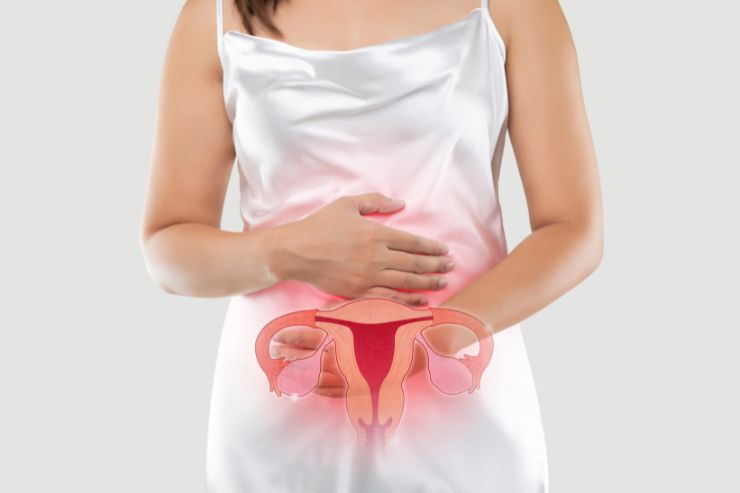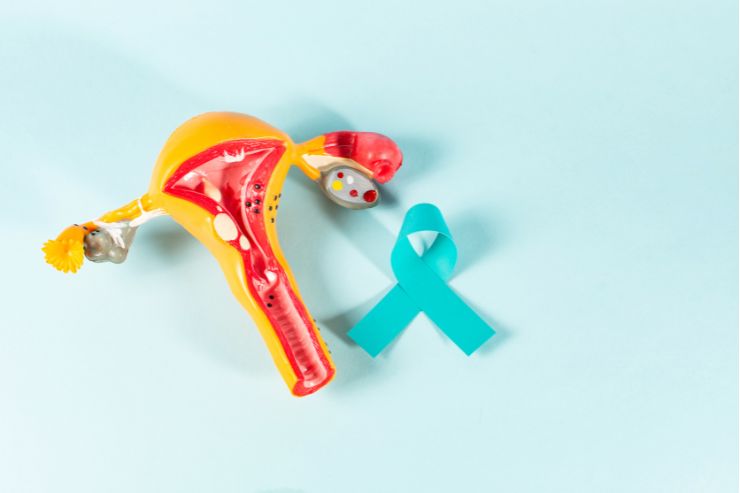
Pregnancy is a transformative journey marked by the growth and development of a new life within a woman's body.

An ectopic pregnancy occurs when a fertilized egg implants outside the uterus, usually in one of the fallopian tubes.

Menorrhagia refers to abnormally heavy or prolonged menstrual bleeding that interferes.

Endometriosis is a chronic condition where tissue similar to the lining inside the uterus (endometrium) grows outside the uterus.

PCOD, or Polycystic Ovarian Disease, is a common hormonal disorder among women of reproductive age, affecting how their ovaries function.

PPH, or Postpartum Hemorrhage, is a potentially serious complication that occurs after childbirth, characterized.

Fibroids, also known as uterine fibroids or leiomyomas, are non-cancerous growths that develop in or around the uterus.

Cervical cancer develops in the cells lining the cervix, the lower part of the uterus that connects to the vagina.

Uterine cancer, also known as endometrial cancer, begins in the lining of the uterus (endometrium).

Cervical cancer develops in the cells lining the cervix, the lower part of the uterus that connects to the vagina.

Uterine cancer, also known as endometrial cancer, begins in the lining of the uterus (endometrium).

PCOS, or Polycystic Ovary Syndrome, is a common hormonal disorder that affects women of reproductive age.

Dysmenorrhoea, commonly known as menstrual cramps or painful periods, refers to the pain and discomfort that many women.

PID, or Pelvic Inflammatory Disease, is an infection of the female reproductive organs, primarily affecting the uterus, fallopian tubes, and ovaries.
